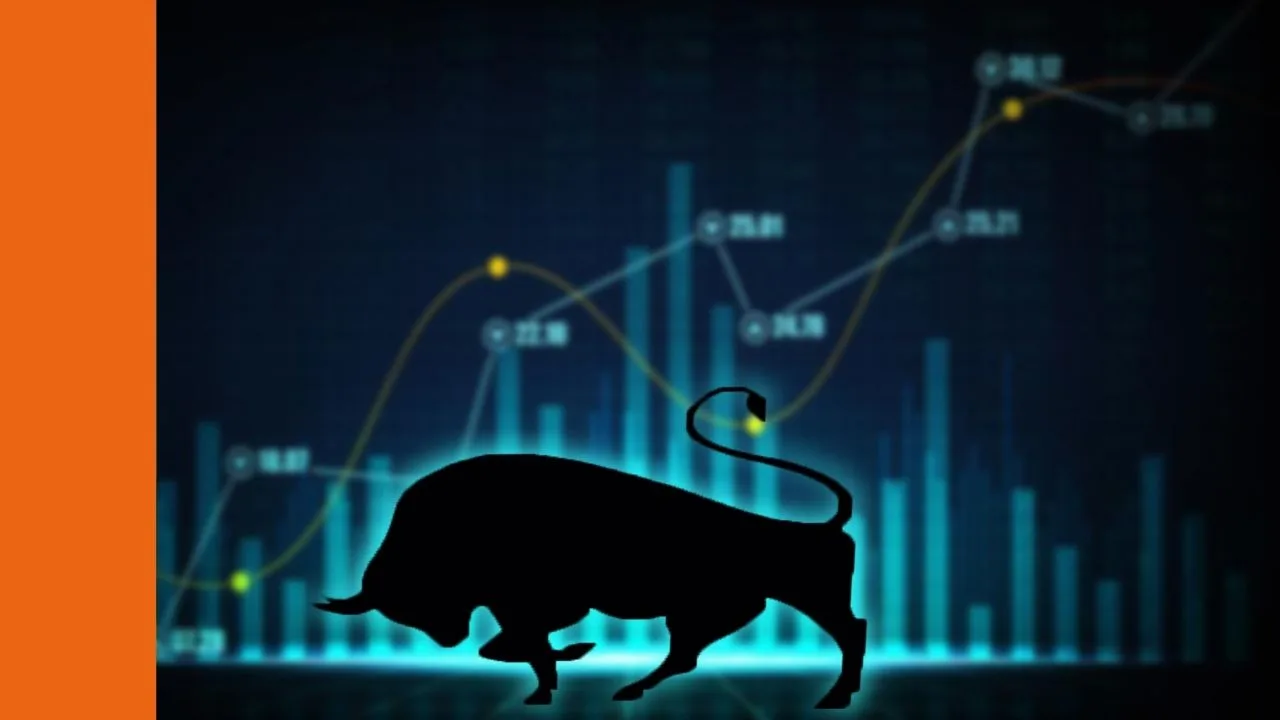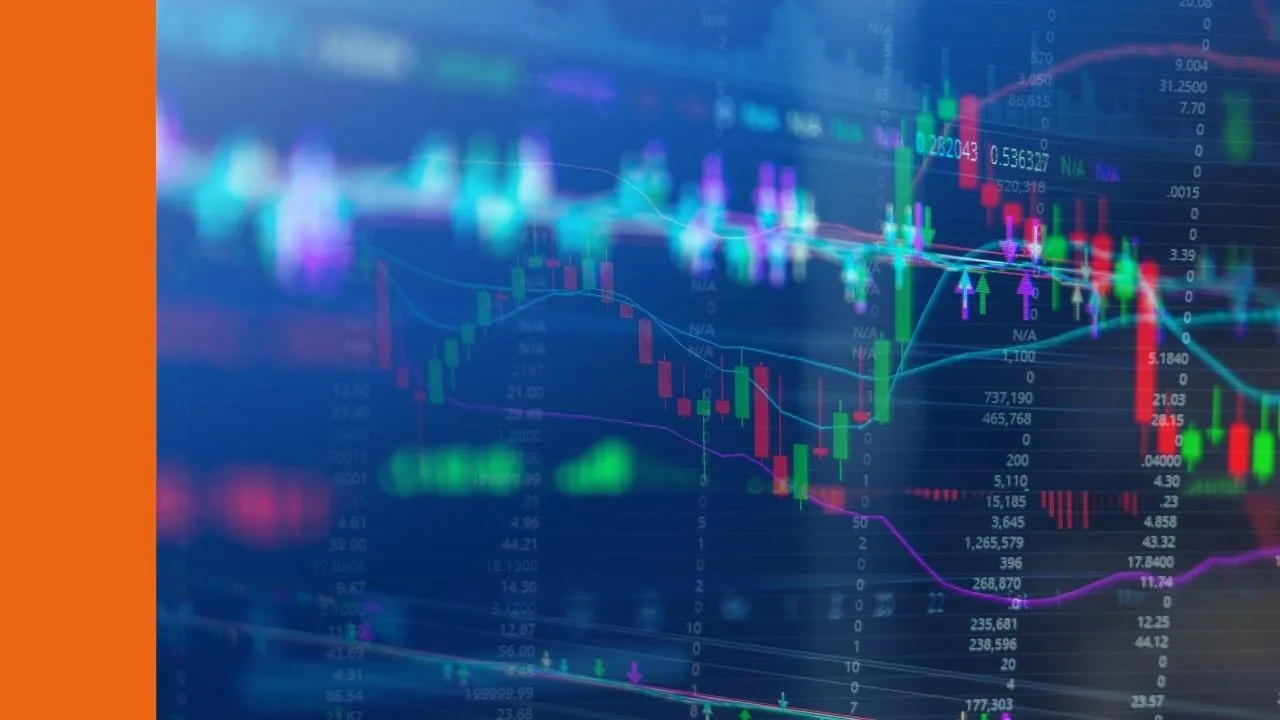The Qantas Airways Limited (ASX: QAN) share price is up nearly 10% over the past month, is it a buy?
Qantas is Australia’s leading airline. It was founded in the Queensland outback in 1920, the Qantas name was originally Queensland and Northern Territory Aerial Services. The company operates two main airlines – Qantas and Jetstar – and subsidiary businesses including other airlines, businesses in specialist markets such as Q Catering, Qantas Freight Enterprises and the popular Qantas Frequent Flyer program. It employs some 30,000 people with around 93 per cent of them based within Australia.
Do Airlines Stocks Smell Funny?
Investors used to think of airlines as a wealth trap. There was a reason Warren Buffett ignored them and why Virgin billionaire Richard Branson once said: “If you want to be a millionaire, start with a billion dollars and launch a new airline
However, these days airlines may be a bit better as an investment idea. Warren Buffett’s Berkshire Hathaway Inc bought some shares of US-listed airlines in recent years, for example.
Qantas itself has done well for shareholders in recent times, its share price has risen over 400% over the past five years. CEO Alan Joyce has done a good job of reducing costs and improving the operational performance of Qantas.
The FY18 result was another impressive year with reported profit or earnings per share (EPS) up 21%, net free cash flow up 10% to $1.44 billion and a large $500 million shareholder return of a $332 million share buyback & 10 cents per share dividend.
Domestic flying operations were a key part to the result, with EBIT growing by 25% to $1.1 billion. Part of this result seems to have come about from the end of the price war with Virgin Australia Holdings Ltd (ASX: VAH).
Part of Qantas’ results is linked to the oil price. Higher oil prices mean higher costs for Qantas. The jet fuel price is thankfully around half the price it was five years ago.
So as long as the price doesn’t shoot upwards then Qantas’ profit will driven by its own operational performance such as costs, efficiencies and RASK.
‘RASK’ doesn’t mean our team here at Rask Media is planning to spend all of our money on Qantas flights. It stands for Revenue per Available Seat Kilometre (RASK). In the first quarter of FY19, Qantas Group RASK increased by 5.4% compared to the prior corresponding period, offsetting the higher fuel costs in recent months.
Another potential driver of Qantas’ profit this year could be its legal battle with Perth Airport.
The Australian Financial Review reported that Perth Airport sued Qantas for only paying $16.5 million of the $27.8 million it was old. In turn, Qantas said Perth Airport investors wanted “monopoly super profits” as it planned to increase the cost of using the airport by 38% over the next seven years.
Some airline commentators have said Qantas may soon have to spend a lot of cash on the next generation of planes and recognise higher depreciation charges, but those new planes should use less fuel.
Are Qantas shares worth buying?
Qantas is valued at under 11x FY18’s profit and has a dividend yield of 2.8%. I don’t think Qantas shares will be flying higher again soon, the easy gains may have already been made. But it could be a better buy than banks or retailers.
Want to own shares that are soaring higher?
[ls_content_block id=”14947″ para=”paragraphs”]








